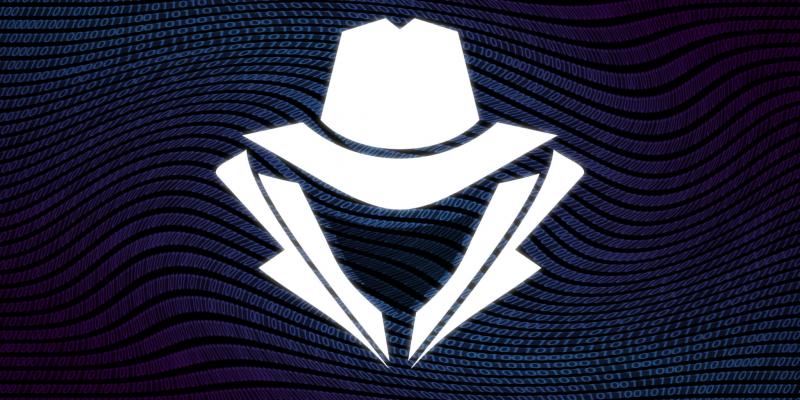
White hat hackers, also known as ethical hackers, are individuals who use their skills and knowledge of computer systems to help protect organizations from cyber threats. These hackers operate within the boundaries of the law and ethical standards, focusing on improving cybersecurity rather than causing harm. The term "white hat hacker" dates back to the Western movies where the hero wore a white hat, symbolizing their noble intentions. They have become an essential asset in today's digital age, working to identify and fix vulnerabilities in systems before malicious hackers can exploit them.
The history of white hat hackers can be traced back to the 1970s when early computer enthusiasts like the Homebrew Computer Club in Silicon Valley began tinkering with computers and sharing their knowledge. As the internet grew in popularity in the 1990s, so did the number of cyber threats. This led to the formation of groups like the Cult of the Dead Cow, a hacker collective that promoted ethical hacking and advocated for internet freedom. These early white hat hackers laid the foundation for the ethical hacking community that exists today.
One of the most famous white hat hackers is Kevin Mitnick, who gained notoriety in the 1990s for his hacking skills. After serving time in prison for his activities, Mitnick turned his life around and now works as a cybersecurity consultant, helping organizations secure their systems. His story serves as a reminder that even those with questionable pasts can use their skills for good.
Another prominent figure in the white hat hacker community is Edward Snowden, a former NSA contractor who leaked classified information about government surveillance programs. While Snowden's actions were controversial, they sparked a global conversation about privacy and the role of governments in monitoring citizens. Some view Snowden as a whistleblower, while others see him as a traitor. Regardless of one's opinion, Snowden's actions have had a lasting impact on cybersecurity and privacy rights.
White hat hackers use a variety of tools and techniques to identify vulnerabilities in systems. They may conduct penetration tests, which involve simulating an attack on a system to uncover weaknesses. They may also use tools like vulnerability scanners to identify potential security flaws. Once vulnerabilities are identified, white hat hackers work with organizations to address and fix these issues before they can be exploited by malicious actors.
Many white hat hackers belong to organizations like the Open Web Application Security Project (OWASP) and the Electronic Frontier Foundation (EFF), which work to promote cybersecurity and protect digital rights. These groups provide resources and support for ethical hackers, helping them stay up to date on the latest threats and techniques for securing systems. By collaborating with like-minded individuals, white hat hackers can amplify their impact and make a positive difference in the fight against cybercrime.
White hat hackers often face backlash from both the general public and the hacking community. Some view them as traitors or sellouts for working with corporations and governments to close security loopholes. Others see them as vigilantes taking matters into their own hands. Despite this criticism, white hat hackers continue to play a vital role in improving cybersecurity and protecting sensitive information from cyber threats.
In recent years, the demand for white hat hackers has grown as the number of cyber attacks continues to rise. Companies and government agencies are increasingly turning to ethical hackers to help secure their systems and data. This has created new opportunities for individuals interested in pursuing a career in cybersecurity and ethical hacking. Organizations like HackerOne and Bugcrowd connect white hat hackers with businesses seeking to improve their security posture through bug bounty programs.
The future of white hat hacking is likely to see continued growth and evolution as technology advances and cyber threats become more sophisticated. As the digital landscape becomes more interconnected, the need for skilled and ethical hackers will only increase. White hat hackers will play a crucial role in ensuring the security and privacy of individuals and organizations in an increasingly digital world. Their commitment to improving cybersecurity and protecting sensitive information will continue to be essential in the fight against cybercrime.